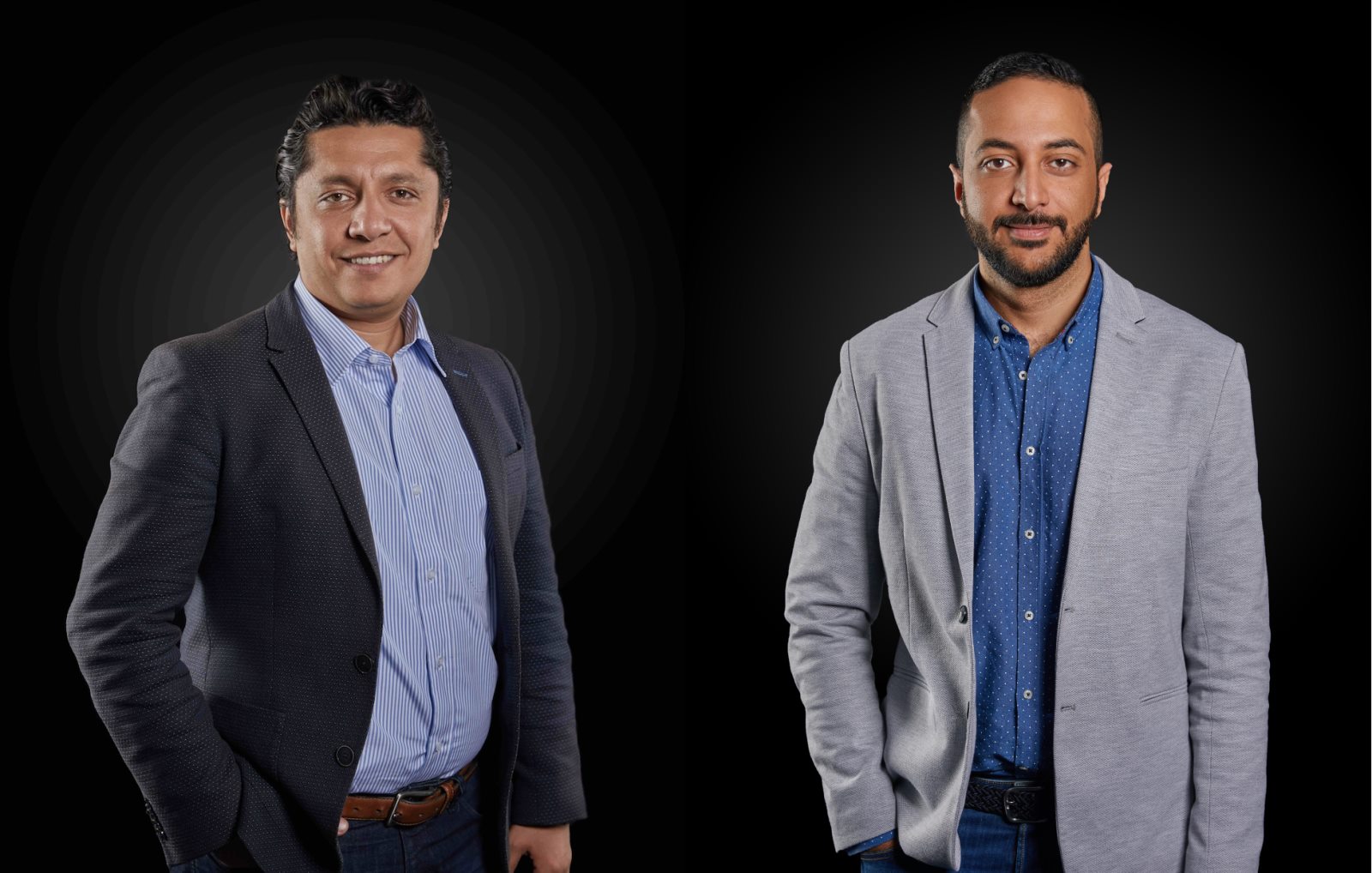Enterprise sits down with Vezeeta CEO Amir Barsoum, Chief Products Officer Mohamed El Mougi

Vezeeta doubles down on epharma delivery: With e-commerce and e-delivery taking center stage, digital healthcare platform Vezeeta announced yesterday (pdf) that it is the latest entrant in the pharma and meds delivery space, with the official launch of Vezeeta Pharmacy. E-pharma is a space with existing competitors such as Yodawy and 3elagi, with the latter having been embroiled in a dispute alongside Ibnsina Pharma with the Pharma Syndicate over accusations that selling direct to consumers contravenes a 1955 law.
Vezeeta’s service allows patients to book a teleconsultation session with top notch GPs or specialists in Egypt through the app, get consulted by the doctor, get a prescription on the app, and with one click, order the needed medication and get it delivered. In short, it’s an entirely remote interaction from booking the consultation all the way through receiving the medication. Vezeeta ePharmacy has been in the works since February 2020, and served over 1 mn patients since its soft launch in August.
Enterprise had a chat with Barsoum and Chief Product Officer Mohamed El Mougi on the new product, the regulatory framework, and what’s next for the company.
Key highlights of our talk include:
- No IPO in sight yet, but maybe some M&A;
- Vezeeta turned profitable in 2020;
- Demand-forecasting tool for pharmacies in the works;
- E-prescription should become a mainstay in healthcare in Egypt;
- Global telehealth is the future.
READ AN EXCERPT from our talk below or tap / click here to read the full chat on the web.
Vezeeta entered the med delivery market because it is an integral part of the outpatient journey of patients, Barsoum told us. We want to avail data and information to patients to help them decide on what to do, and provide the sector with tools to facilitate interactions in the industry through tech.
Vezeeta Pharm. brings together the complete journey of remote healthcare with the help of AI, El-Mougi said. Patients can also search for the meds they want delivered by taking a photo of the prescription or the pack. There is also the option of calling a pharmacist, who is hired by Vezeeta, to help with ordering the desired medication.
Is automatic diagnosis in the plan down the line? Yes, but we’re still working on it, the chief product officer revealed. One of our dreams is to work with top notch doctors on teleconsultations, take their learnings and integrate them on an automated symptom checker for primary diagnosis. Final diagnosis is a very long journey, though.
Will this make doctors obsolete in the long-run? Probably not, El Mougi says. It will never replace doctors, but rather help them do their job in a more efficient manner. If they receive the symptoms up ahead, it will give them more time per consultation and e-prescriptions will also inform them about possible drug interaction based on the patient’s history of medication usage.
We’re fully compliant with current regulations, Barsoum said. Vezeeta depends 100% on its partner pharmacies and pharmacists, which are all licensed. In our conversations with regulators, it is evident that the government is quite adaptive and responsive to innovation in the market that accelerate quality.
To improve the quality of healthcare, we oblige our partner pharmacies to depend on licensed pharmacists, instead of assistants; a major issue in the Egyptian market, according to Barsoum. Additionally, minimum wages for pharmacists and adoption of technology are key prerequisites for us working together. Pharmacies cannot be doing business the same way they used to 100 years ago and hence, need to adapt — and that is what we are encouraging. These guidelines will improve their top and bottom line, even if it won’t seem that way in the first three or four months.
If there’s one thing lawmakers need to work with, it’s that e-prescriptions are no longer a luxury in 2021, he emphasized.
Pandemic-laden 2020 was the year Vezeeta turned profitable — and that is not directly correlated to the impact of covid developments on the P&Ls, Barsoum said. It’s rather a year in which we introduced smarter economic interactions with our partners, while the volume of business grew to a profitable level. On the top line, Egypt itself 2x-ed.
But covid definitely did help us introduce new products to the market, like telehealth and online consultations, and the ePharmacy product, but they did not add much value to the P&Ls yet, he added. The pandemic is still expected to stay with us until the middle of this year, which could be of tremendous value, as we are planning to expand the pharmacy and telehealth solutions in markets that are in dire need of them.
We don’t raise funds to survive anymore, but for the coming year, acquisitions are definitely on the radar, Barsoum explained. We’re looking at different smaller players for partnerships or even potential M&A activities. But an IPO is not in the pipeline this year.
We’ve done a lot in 2020 and will probably pull the brakes for a bit, he said. We are already operating in Jordan, KSA, Kenya, Nigeria, and Egypt. There are no plans to expand into other countries at this point, but rather turn the existing ones into solid operations. For 2021, we are focused on solidifying the business, investing more in our technology, making sure that the product is a delightful experience, and introducing high quality solutions to the partners in the sector, be it hospitals, labs, doctors, or pharma companies.
We also want to introduce what we internally call “global telehealth,” Barsoum said. We have phenomenal doctors in Egypt who are quite affordable to the African population.
Amended on 3 February 2021 – The story was amended to remove the USD 25 mn investment in Egypt, as sources tell us that these are simply operating expenses and not CAPEX spending as was reported in the local press.